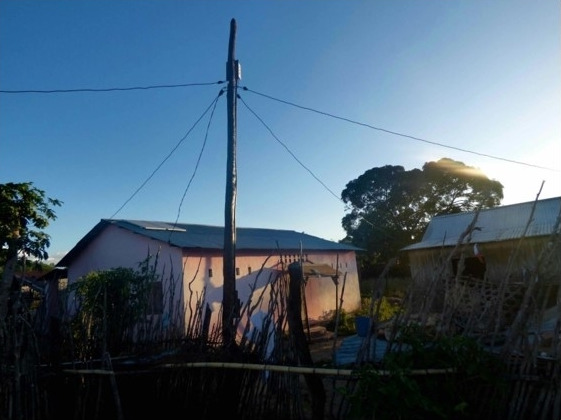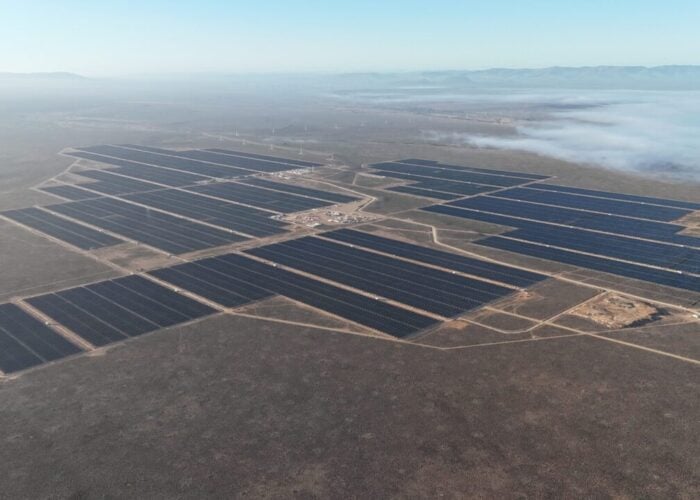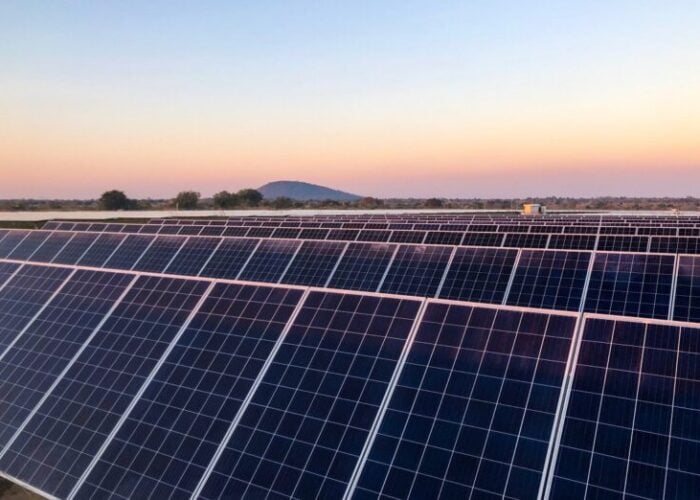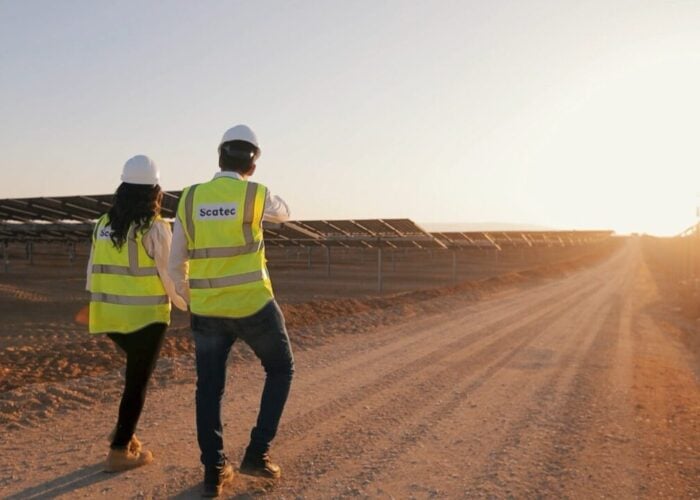
After successful trials, the Veolia Foundation, an arm of French waste management giant Veolia that financially backs non-profit, community-oriented projects, has decided to expand its decentralised solar electrification plans in northern Madagascar to create 1,000 nano-grids and 100 nano-entrepreneurs by the end of the year.
These nano-grids use solar energy to supply electricity to five or six households, with the households pre-purchasing the power via mobile phone payments. A key part of the programme led by the Nanoé Développement association is the training of so-called nano-entrepreneurs to install and manage the nano-grids.
Try Premium for just $1
- Full premium access for the first month at only $1
- Converts to an annual rate after 30 days unless cancelled
- Cancel anytime during the trial period
Premium Benefits
- Expert industry analysis and interviews
- Digital access to PV Tech Power journal
- Exclusive event discounts
Or get the full Premium subscription right away
Or continue reading this article for free
The plan is focused on the Diana region so far with participating homes being able to power several LED lamps and charge an electrical or electronic device such as a phone via the nano-grids.
Nolwenn Le Saux and Nicolas Saincy, engineers and founders of Nanoé Développement, said: “By creating a new progressive and modular ‘lateral electricity’ model, electricity becomes accessible to everyone. The system prioritizes the gradual interconnection of small decentralized and locally-managed grids rather than developing a national infrastructure which is likely to stop before it reaches rural areas.”
After the trial phase earlier this year, 300 homes were connected to nano-grids and fifteen nano-entrepreneurs were trained earning profits equivalent to 1.6 times the median national income, said Veolia in a release.
In March, Madagascar’s Ministry of Water, Energy and Hydrocarbons (MEEH) released a list of six pre-qualified bidders for the country’s 25MW(AC) Scaling Solar tender, which is the first to include energy storage in its remit.





